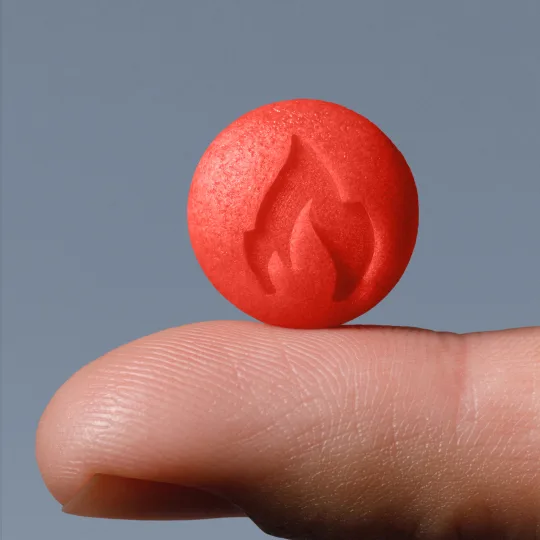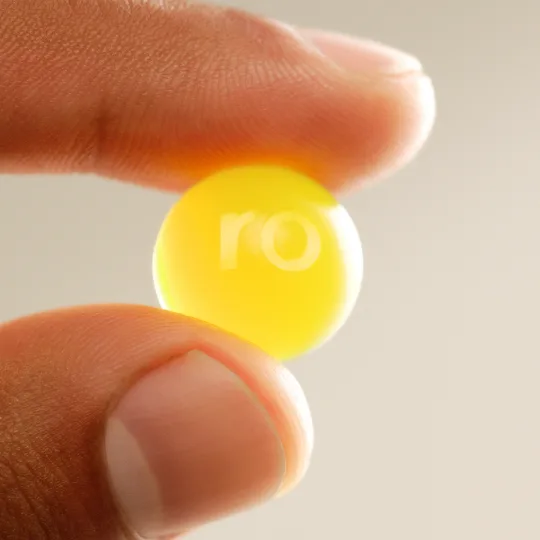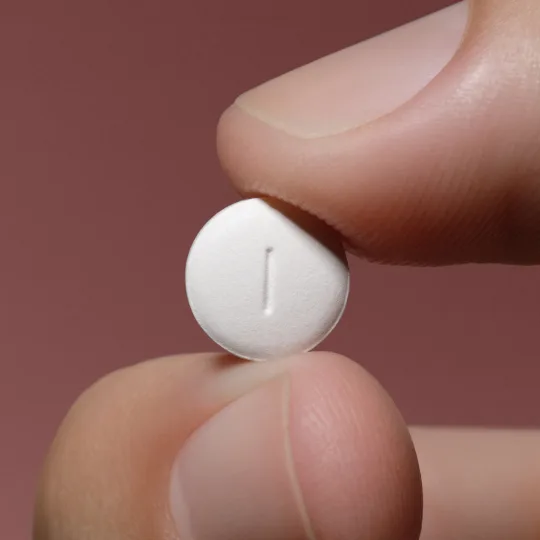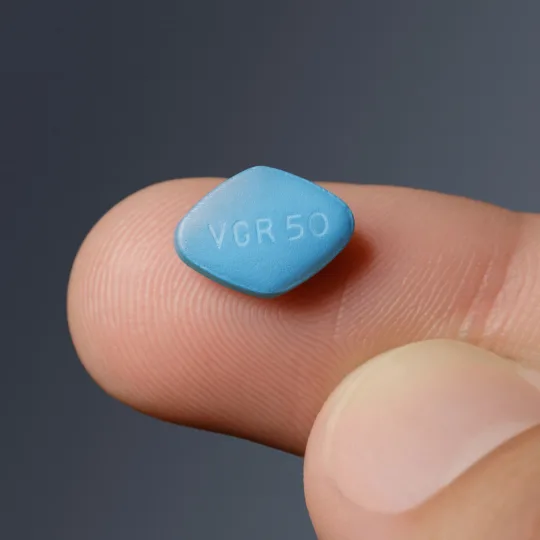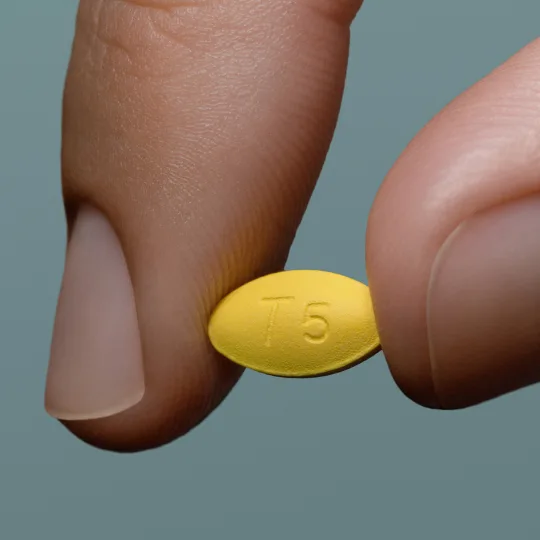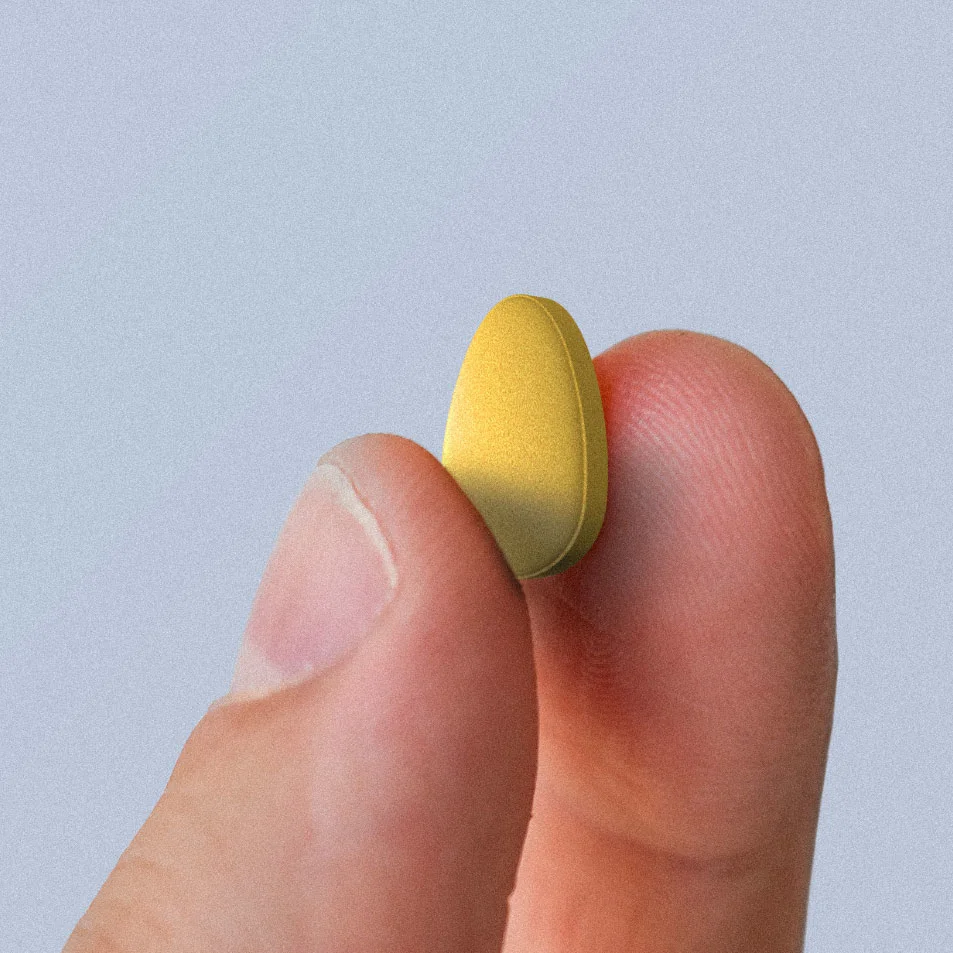Key takeaways
Dehydration-induced erectile dysfunction (ED) is not a medical diagnosis, but being dehydrated can cause temporary erection problems.
Dehydration can limit blood supply, disrupt hormones, raise blood pressure, and sap your energy — all of which make it harder to get hard.
ED isn’t usually the first dehydration symptom. Dark urine, thirst, or fatigue typically show up first.
The best way to treat and prevent dehydration-related ED is simple: Stay hydrated every day.
If you’re having consistent trouble with ED, talk to your provider about medications, lifestyle changes, or other treatments.
Here's what we'll cover
Here's what we'll cover
Here's what we'll cover
Key takeaways
Dehydration-induced erectile dysfunction (ED) is not a medical diagnosis, but being dehydrated can cause temporary erection problems.
Dehydration can limit blood supply, disrupt hormones, raise blood pressure, and sap your energy — all of which make it harder to get hard.
ED isn’t usually the first dehydration symptom. Dark urine, thirst, or fatigue typically show up first.
The best way to treat and prevent dehydration-related ED is simple: Stay hydrated every day.
If you’re having consistent trouble with ED, talk to your provider about medications, lifestyle changes, or other treatments.
It’s common knowledge that drinking enough water is essential for good health, but what about for sexual performance? Dehydration and erectile dysfunction (ED) might seem like wildly unrelated health issues, but the truth is that good hydration supports strong blood flow and physical stamina — both key factors in getting and maintaining an erection.
So, can dehydration cause ED? The short answer: Being dehydrated might cause temporary ED, but there’s a lot more to it than that.
Keep reading to learn more about the connection between dehydration and ED, including whether drinking more water can help you sexually.
Can dehydration cause ED?
In some cases, yes, being dehydrated can hinder your ability to get or stay hard. Dehydration is a drag on your whole body. And erections require coordinated effort from several bodily systems: vascular, hormonal, and even psychological.
Here are the ways dehydration might contribute to ED:
Reduced blood volume. When your body doesn’t get enough fluid, your blood volume decreases, reducing blood supply to tissues throughout the body. And erections require good, strong blood supply.
Hormonal disruption. Low hydration can impede the body’s ability to regulate hormones such as cortisol (the stress hormone) and testosterone (yep, the male sex hormone). Dehydration can also trigger the release of a hormone called angiotensin II, which constricts blood vessels — a major hindrance to getting an erection.
High blood pressure. Narrowed blood vessels (from dehydration or other causes) increase blood pressure. And high blood pressure is a known contributor to ED.
Low energy. Dehydration causes fatigue, headaches, and even dizziness. Like stress, feeling tired or generally unwell might mess with your ability to get physically aroused.
It’s important to note that dehydration is not a common or well-researched cause of ED. Dehydration is usually a short-term situation, especially in younger adults. But ED is often diagnosed after at least six months of symptoms.
Bottom line: Lack of fluids may cause sporadic episodes of ED, but dehydration is not typically the sole cause of longer-term issues that lead to an ED diagnosis.
Signs that dehydration may be contributing to ED
Think poor hydration is causing problems down there? It’s time to check for other signs that your body isn’t getting enough fluids.
Symptoms of dehydration include:
Dark yellow or brown urine
Dry mouth or tongue
Fatigue or general weakness
Dizziness
Muscle cramps
If you have no other signs of dehydration, chances are, your ED has nothing to do with fluid intake. There are many potential causes of ED, including obesity, substance abuse, heart disease, and even a side effect of certain prescription medications. So if you’re drinking water regularly throughout the day and still having trouble with getting or maintaining an erection, it’s a good idea to talk to your healthcare provider.
What to do if you think dehydration is causing ED
If you have other signs of dehydration, that’s your cue to focus on drinking enough fluids.
Many people follow the “8 glasses per day” rule, but daily hydration needs vary by biological sex, activity level, and where you live. Some experts suggest men drink up to 15.5 cups of fluids per day. You’ll need more after sweating or if you live in a hot, dry climate.
You don’t have to stick to just water, either. Seltzers, juice, tea, and coffee all count as fluid. Just watch out for added sugar in your beverages, as a high sugar diet can contribute to issues with blood sugar control (including type 2 diabetes), which can worsen ED.
And don’t forget about electrolytes. Electrolytes such as sodium, potassium, and magnesium help balance the water in your body. Some research suggests that drinks with added electrolytes can offer a slightly better hydration boost than water alone.
Better hydration should improve symptoms within 24 to 48 hours. You might notice feeling less thirsty and more energetic, and possibly experience better sexual performance as a result.
If you’re still having trouble getting or maintaining strong erections for longer than just a few days or weeks, it may be time to see a healthcare provider. There are many potential causes for ED. The sooner you address it, the sooner you can treat it.
The best way to prevent ED related to dehydration is to avoid getting dehydrated in the first place.
Here are some tips to help you stay hydrated:
Set a daily water intake goal. Research shows that simply setting a goal boosts motivation.
Download a habit-tracking app to send you reminders to drink water throughout the day.
Carry a reusable water bottle so that water is always accessible.
Drink at least one glass of water with every meal.
Pair hydration with other activities (for example, a drink of water before every workout or every time you return home from work).
Pay attention to your body’s cues: Drink when you’re thirsty, sweaty, or feeling overheated.
Try eating more water-rich foods, such as soups, salads, and watermelon.
Add flavor or carbonation to your water to make it more enticing.
Again, it’s important to know that dehydration is not the most common cause of ED. If you’re staying hydrated throughout the day and still struggling to get or stay hard, it’s time to talk to your healthcare provider about pinpointing the cause (or causes) of your ED.
Other ED treatment options when drinking water isn’t enough
Hydration is only one part of erectile health. If you still have erection issues despite drinking enough water, a healthcare provider can help determine which, if any, of the following is the best ED treatment for you.
Medications
First-line prescription oral medications for ED include phosphodiesterase type-5 inhibitors (aka PDE5 inhibitors), which help increase blood flow to the penis for stronger, longer-lasting erections.
Common prescription PDE5 inhibitors for ED include:
Stendra (avanafil)
Some PDE5 inhibitors are also available in other formulations, such as Ro Sparks, a sublingual (under-the-tongue) tablet containing sildenafil and tadalafil, and Daily Rise Gummies, which contain tadalafil. Both of these prescription-only options deliver medications that are approved by the United States Food and Drug Administration (FDA), but in formulations that aren’t specifically FDA-approved.
Lifestyle Changes
There are several healthy habits that can help you get harder and stronger erections if you’re not already doing them. These include:
Exercising regularly. Research links physical activity to a lower risk of ED. Activities like brisk walking, jogging, swimming, and cycling can boost blood flow and reduce stress.
Eating a healthy diet. Your diet plays a significant role in your overall health, including sexual health. Research has linked diets rich in whole foods like fruits, vegetables, whole grains, and nuts to a lower risk of ED. There are even specific foods to help reduce your risk of ED.
Getting enough sleep. Research has linked chronic lack of sleep to a higher risk of ED. When possible, aim for 7–9 hours of quality rest each night.
Prioritizing stress management. Chronic stress, anxiety, and depression can all contribute to ED. Mindfulness exercises like meditation, deep breathing, or talking to a therapist can help.
Other medical treatments
In some situations, a healthcare provider may recommend more hands-on or invasive treatments for ED if standard medications aren’t right for you (or sometimes in addition to medications).
Penis pumps. Vacuum erection devices help physically stimulate an erection by using gentle suction to pull blood into the penis.
Penile injections. These medicated injections are administered directly into the penis, where the medication helps relax blood vessels to usher in more blood flow.
Penile implants. This surgical ED treatment is most often recommended as a last resort to those who have not had success with other options. It involves a healthcare provider implanting a device under the skin of your penis that helps create erections as needed.
If you’re concerned about an inability to get or maintain erections, talk to a healthcare provider. They can help pinpoint the underlying cause and best treatment for your situation.
When to talk to a healthcare provider
Health guidelines suggest that temporary ED — or sporadic episodes, like those related to dehydration — can last up to six months. After that, it’s considered a chronic condition. But that doesn’t mean you need to wait six months to get help if your erection troubles are bothering you now.
So many factors play a role in erectile function: your overall physical health, your stress levels, and even how close and supported you’re feeling with your sexual partner. That means a once-in-a-while ED episode, or even a handful of episodes during a busy month or a rough time with your partner, won’t always require medical intervention. Then again, why wait? There is no harm in mentioning concerns to a healthcare provider who can offer personalized advice.
It can be intimidating to talk to a professional about ED, but remember, this is not an unusual topic for them to address. No matter how long you’ve been experiencing ED symptoms, if it’s impacting your life, you can ask for help. There are treatments available.
Have better sex with Ro
Bottom line
Can drinking water help you sexually? Maybe. Here’s the bottom line on dehydration and ED:
Dehydration affects the whole body, including sexual function. When you’re dehydrated, your blood volume is reduced, your hormones can become disrupted, and you might feel too fatigued to perform sexually.
If it’s dehydration-related ED, you’ll have other symptoms too. You’ll feel thirsty, and you’ll probably have dark urine, dry mouth, fatigue, and general weakness.
You can treat and prevent erection problems from dehydration. The best strategy is to stay hydrated by drinking water or other fluids regularly throughout the day.
Dehydration is not the most common cause of ED, and there are many effective ED treatments, regardless of the cause. Talk to a healthcare provider to determine what’s best for you.
Frequently asked questions (FAQs)
Can drinking water help with erectile dysfunction?
Drinking enough water is important for overall health, including erectile function, but it’s unlikely to help with chronic ED, especially if you’re hitting your daily water intake target already.
Does Viagra work if you’re dehydrated?
Yes, but dehydration may reduce its effectiveness. That’s because Viagra works by widening blood vessels to allow more blood flow in, but if your blood volume is reduced by dehydration, there may be less blood supply to flow in and create a strong erection.
Why am I experiencing ED even when I drink enough water?
If you’re having trouble getting or keeping an erection even while adequately hydrated, your ED might be caused by other factors, including an underlying health condition, medication, stress, or other psychological or emotional factors. A healthcare provider can help you determine the specific cause or causes.
DISCLAIMER
If you have any medical questions or concerns, please talk to your healthcare provider. The articles on Health Guide are underpinned by peer-reviewed research and information drawn from medical societies and governmental agencies. However, they are not a substitute for professional medical advice, diagnosis, or treatment.
Viagra Important Safety Information: Read more about serious warnings and safety info.
Cialis Important Safety Information: Read more about serious warnings and safety info.
References
Armstrong, L. E. & Johnson, E. C. (2018). Water intake, water balance, and the elusive daily water requirement. Nutrients, 10(12), 1928. doi: 10.3390/nu10121928. Retrieved from https://pmc.ncbi.nlm.nih.gov/articles/PMC6315424/
Bailey, R. R. (2017). Goal setting and action planning for health behavior change. American Journal of Lifestyle Medicine, 13(6), 615–618. doi: 10.1177/1559827617729634. Retrieved from https://pmc.ncbi.nlm.nih.gov/articles/PMC6796229/
Bauer, S. R., Breyer, B. N., Stampfer, M. J., et al. (2020). Association of diet with erectile dysfunction among men in the health professionals follow-up study. JAMA Network Open, 3(11), e2021701. doi: 10.1001/jamanetworkopen.2020.21701. Retrieved from https://pubmed.ncbi.nlm.nih.gov/33185675/
Centers for Disease Control and Prevention (CDC). (2024). About water and healthier drinks. Retrieved from https://www.cdc.gov/healthy-weight-growth/water-healthy-drinks/index.html
Dean, R. C. & Lue, T. F. (2005). Physiology of penile erection and pathophysiology of erectile dysfunction. The Urologic Clinics of North America, 32(4), 379–v. doi: 10.1016/j.ucl.2005.08.007. Retrieved from https://pmc.ncbi.nlm.nih.gov/articles/PMC1351051/
Delong, C. & Sharma, S. (2023). Physiology, peripheral vascular resistance. StatPearls. Retrieved Nov. 2, 2025 from https://www.ncbi.nlm.nih.gov/books/NBK538308/
İrfan, Y. (2015). Associations among dehydration, testosterone and stress hormones in terms of body weight loss before competition. The American Journal of the Medical Sciences, 350(2), 103–108. doi: 10.1097/MAJ.0000000000000521. Retrieved from https://pubmed.ncbi.nlm.nih.gov/26125543/
Hasegawa, Y., Kato, K., Ogai, K., et al. (2024). Need for a consensus definition of chronic dehydration: a scoping review. Drug Discoveries & Therapeutics, 18(2), 75-79. doi: 10.5582/ddt.2024.01014. Retrieved from https://pubmed.ncbi.nlm.nih.gov/38658358/
Hostnik, B., Tonin, G., Janež, A., & Klen, J. (2025). Erectile dysfunction in diabetes mellitus: a comprehensive narrative review of pathophysiology, genetic association studies and therapeutic approaches. Endocrinology Diabetes & Metabolism, 8(5), e70099. doi: 10.1002/edm2.70099. Retrieved from https://pmc.ncbi.nlm.nih.gov/articles/PMC12441930/
Kalaitzidou, I., Venetikou, M. S., Konstadinidis, K., et al. (2014). Stress management and erectile dysfunction: a pilot comparative study. Andrologia, 46(6), 698–702. doi: 10.1111/and.12129. Retrieved from https://pubmed.ncbi.nlm.nih.gov/23822751/
Leslie, S. W. & Sooriyamoorthy, T. (2024). Erectile dysfunction. StatPearls. Retrieved on Nov. 2, 2025 from https://www.ncbi.nlm.nih.gov/books/NBK562253/
McGrosky, A., Ford, L., Hinz, E., et al. (2025). High water turnover, hydration status, and heat stress among Daasanach pastoralists in a hot, semi-arid climate. Evolution, Medicine, and Public Health, 13(1), 215–228. doi: 10.1093/emph/eoaf017. Retrieved from https://pmc.ncbi.nlm.nih.gov/articles/PMC12409784/
MedlinePlus. (2024). Fluid and electrolyte balance. Retrieved from https://medlineplus.gov/fluidandelectrolytebalance.html
Millard-Stafford, M., Snow, T. K., Jones, M. L., & Suh, H. (2021). The beverage hydration index: influence of electrolytes, carbohydrate and protein. Nutrients, 13(9), 2933. doi: 10.3390/nu13092933. Retrieved from https://pmc.ncbi.nlm.nih.gov/articles/PMC8465972/
Mills, T. M., Chitaley, K., & Lewis, R. W. (2001). Vasoconstrictors in erectile physiology. International Journal of Impotence Research, 13 Suppl 5, S29–S34. doi: 10.1038/sj.ijir.3900774. Retrieved from https://pubmed.ncbi.nlm.nih.gov/11781744/
Panchatsharam, P. K., Durland J., & Zito P. M. (2023). Physiology, erection. StatPearls. Retrieved Nov. 2, 2025 from https://www.ncbi.nlm.nih.gov/books/NBK513278/
Patel, P., Sanghavi, D. K., Morris, D., et al. (2023). Angiotensin II. StatPearls. Retrieved on Nov. 2, 2025 from https://www.ncbi.nlm.nih.gov/books/NBK499912/
Patoulias, D., Katsimardou, A., Imprialos, K., et al. (2022). Exercise, erectile dysfunction and co-morbidities: "the good, the bad and the ugly". Reviews in Cardiovascular Medicine, 23(9), 304. doi: 10.31083/j.rcm2309304. Retrieved from https://pmc.ncbi.nlm.nih.gov/articles/PMC11262406/
Popkin, B. M., D'Anci, K. E., & Rosenberg, I. H. (2010). Water, hydration, and health. Nutrition Reviews, 68(8), 439–458. doi: 10.1111/j.1753-4887.2010.00304.x. Retrieved from https://pmc.ncbi.nlm.nih.gov/articles/PMC2908954/
Riley, A. (2002). The role of the partner in erectile dysfunction and its treatment. International Journal of Impotence Research, 14 Suppl 1, S105–S109. doi: 10.1038/sj.ijir.3900800. Retrieved from https://pubmed.ncbi.nlm.nih.gov/11850743/
Sharma, R. & Sharma, S. (2023). Physiology, blood volume. StatPearls. Retrieved on November 2, 2025, from https://www.ncbi.nlm.nih.gov/books/NBK526077/
Taylor, K. & Tripathi, A. K. (2025). Adult dehydration. StatPearls. Retrieved on November 2, 2025, from https://www.ncbi.nlm.nih.gov/books/NBK555956/
Zaplatosch, M. E., Wideman, L., McNeil, J., et al. (2025). Relationship between fluid intake, hydration status and cortisol dynamics in healthy, young adult males. Comprehensive Psychoneuroendocrinology, 21, 100281. doi: 10.1016/j.cpnec.2024.100281. Retrieved from https://pubmed.ncbi.nlm.nih.gov/39872007/
Zhang, F., Xiong, Y., Qin, F., et al. (2022). Short sleep duration and erectile dysfunction: a review of the literature. Nature and Science of Sleep, 14, 1945–1961. doi: 10.2147/NSS.S375571. Retrieved from https://pmc.ncbi.nlm.nih.gov/articles/PMC9621223/



